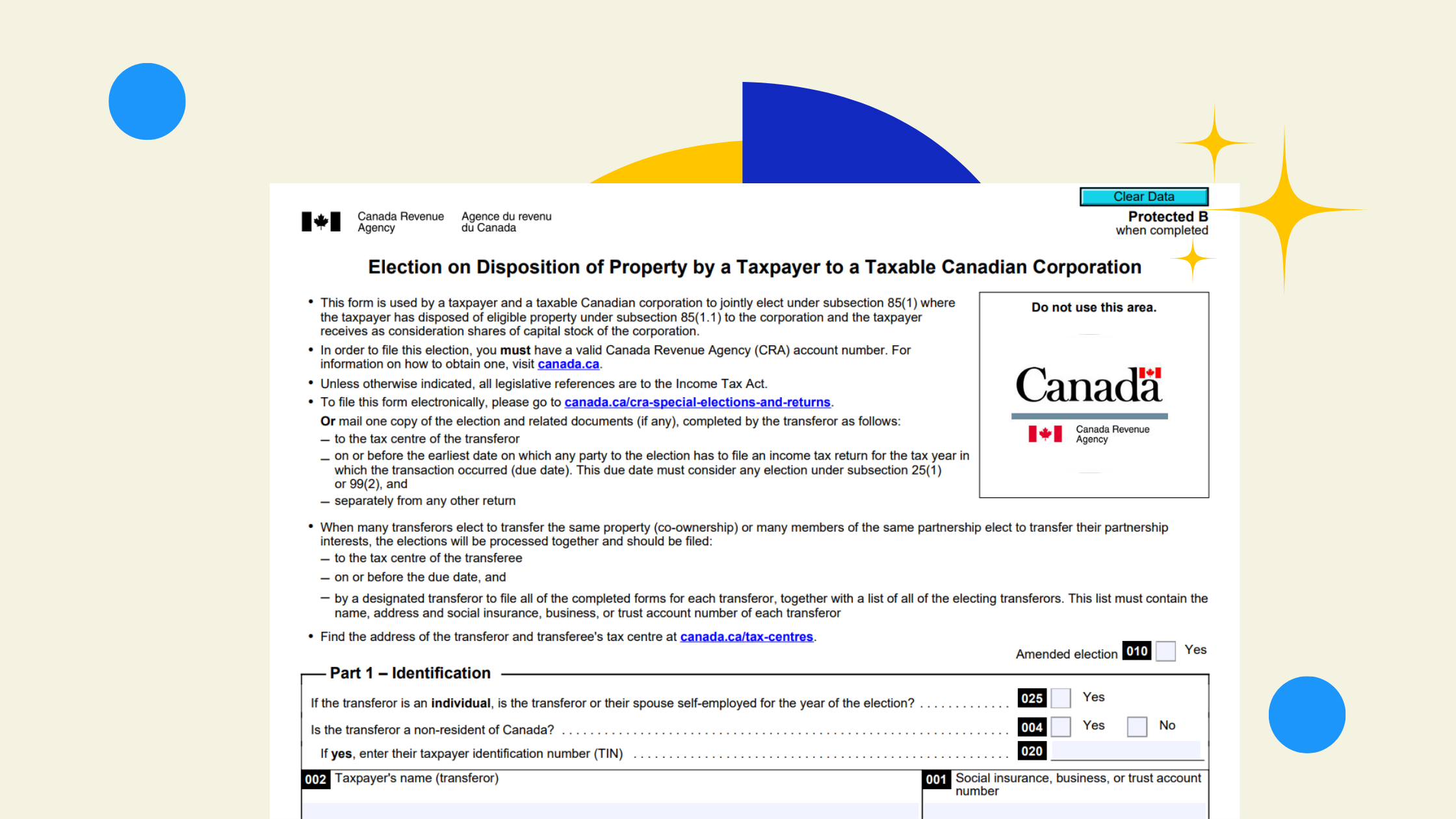You’re busy running your business—serving clients, managing staff, keeping the lights on. The last thing on your mind is whether your bookkeeping tasks are up to date. But here’s the problem: waiting until month-end to reconcile your business accounts often means you’re flying blind for weeks at a time.
Maybe you’ve been surprised by a cash shortfall days before payroll or caught a charge on your business credit card statement that no one remembers—and now it’s too late to track it down. Or you’re constantly scrambling at tax time because your financial records are outdated.
If any of that sounds familiar, this post is for you.
At MESA CPA, we work with small businesses across Canada that have outgrown their monthly bookkeeping routines. In this post, we’ll walk you through:
- When monthly bookkeeping services still work
- The signs it’s time to shift to weekly bookkeeping
- Why quarterly bookkeeping might work—but only for the smallest operations
- The pros and cons of each approach
- How to make the smartest decisions based on complexity, cost, and your stage of growth
Let’s help you stay ahead of your business finances—not behind them.
Why Bookkeeping Frequency Matters
The frequency of your bookkeeping process directly impacts:
- How fast can you catch errors or fraud in financial transactions
- How confidently you manage cash flow and make informed business decisions
- How prepared are you for tax planning, audits, or financing
- How well you understand your margins, profits, and financial performance
It’s not just about compliance—it’s about using accurate transaction records and financial reports to run your business with confidence.
When Monthly Bookkeeping Works
Monthly bookkeeping is the baseline for most small businesses. It works well when your business has:
- Moderate transaction volume: A manageable number of customer transactions, invoices, and payments
- Stable cash flow: Predictable income and business expenses
- Simple business structure: One legal entity, minimal product or service lines
- Basic compliance needs: GST/HST, payroll, and end-of-month reconciliations that align with CRA guidelines
Note: Some very small businesses with under $100K in annual revenue might get by with quarterly bookkeeping. However, this regular basis increases the risk of financial mismanagement and delayed oversight. Monthly reports offer clearer financial visibility.
When Weekly Bookkeeping Makes Sense
Weekly bookkeeping is ideal for fast-moving, complex businesses. Upgrade if:
- You process a high volume of transactions (e.g., retail, e-commerce, restaurants)
- You manage multiple income streams or legal entities
- You rely on accurate cash flow to make short-term decisions
- You want better lender or investor readiness
- You’re finding unpaid invoices or financial issues too late
Weekly tasks include invoicing, recording accounts receivable and payable, tracking customer billing, updating bank balances, and expense tracking. Weekly bookkeeping gives you a clearer picture of your financial status and helps prevent costly financial oversight.
What About Quarterly or Yearly Bookkeeping?
Quarterly bookkeeping may work for micro-businesses with very low transaction volume, but it often leads to batches of transactions that are harder to verify. Yearly bookkeeping is not recommended, as it usually results in outdated reports, inaccurate balance sheet reconciliations, and disorganized receipt books or boxes of receipts.
Summary: Bookkeeping Frequency Recommendations
.png)
|
Bookkeeping Frequency
|
Best For
|
Pros
|
Cons
|
|
Weekly
|
High transaction volume, multi-entity, growing businesses
|
Real-time reports, informed business decisions, early fraud/error detection
|
Higher cost, more administrative task time
|
|
Monthly
|
Most small businesses with moderate complexity
|
Balanced cost and control, aligns with CRA compliance
|
Can miss mid-month financial strategy shifts
|
|
Quarterly
|
Very small/simple businesses (<$100K/year)
|
Low effort, lower cost
|
Higher risk of inaccurate records, reduced cash insight
|
|
Yearly
|
Not recommended
|
Cheapest option
|
High risk of poor financial position visibility, CRA audit exposure
|
Real-Life Example
One of our clients, a Toronto-based catering business, relied on monthly bookkeeping but frequently encountered cash flow issues and suppliers being paid late.
After switching to weekly bookkeeping with a dedicated bookkeeper using QuickBooks Online, they started catching missing invoices sooner, improved contractor payments, and freed up cash to hire staff during peak season.
Cost vs. Benefit
While weekly bookkeeping services cost more, they help you avoid:
- Duplicate entries or lost receipts
- Late payments or tax remittances
- Overdraft fees and short-term cash crises
- End-of-year cleanup and inaccurate loss statements
In short, more frequent updates save time, money, and lead to accurate records.
Final Takeaway
Whether you’re doing your books or working with freelance bookkeepers, the right frequency depends on your complexity, growth stage, and how vital financial clarity is to your business goals.
At MESA CPA, we help Canadian business owners choose the right bookkeeping cadence. Our accounting firm ensures you get accurate balance sheets, timely payments, and the data you need for smart decisions.
Unsure if weekly bookkeeping is right for your business? Book a free consultation with our advisory team here.
.png)

.png)

.png)

